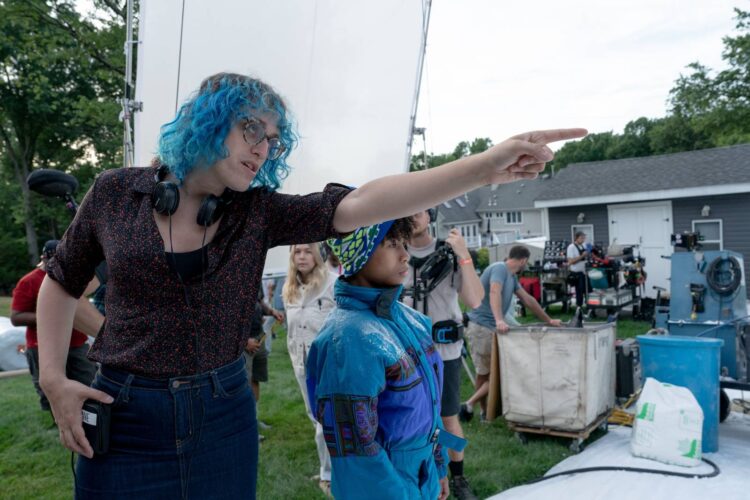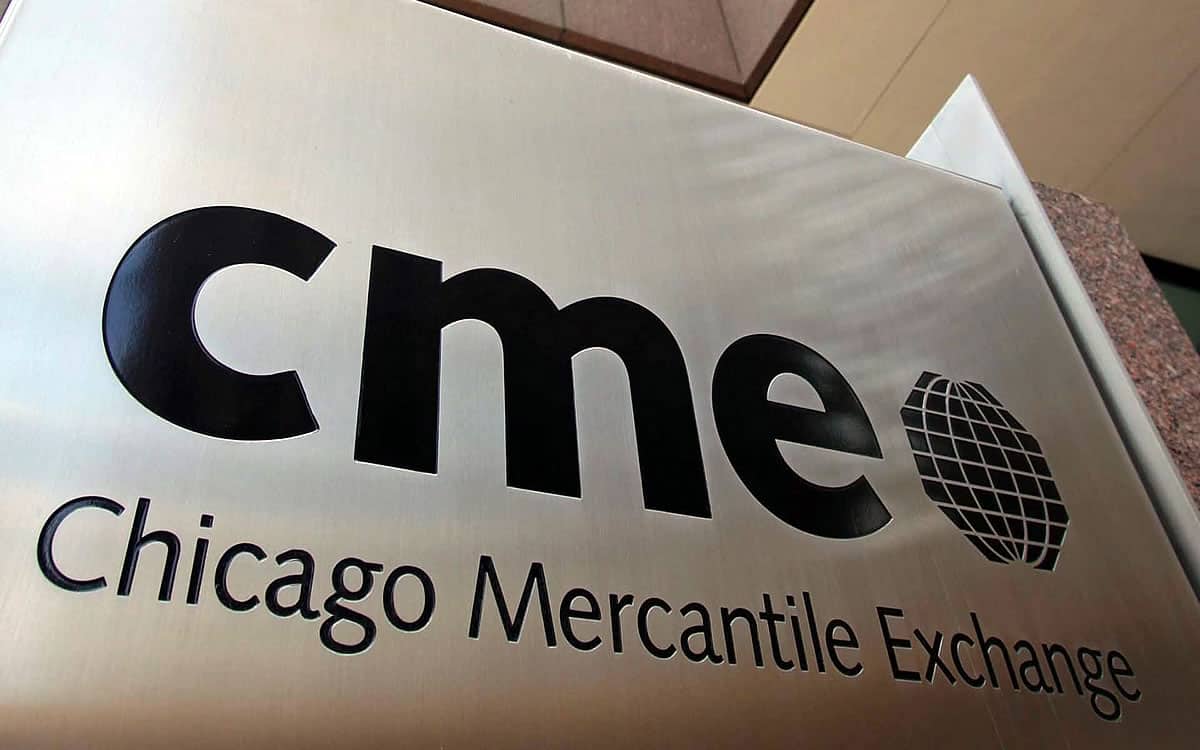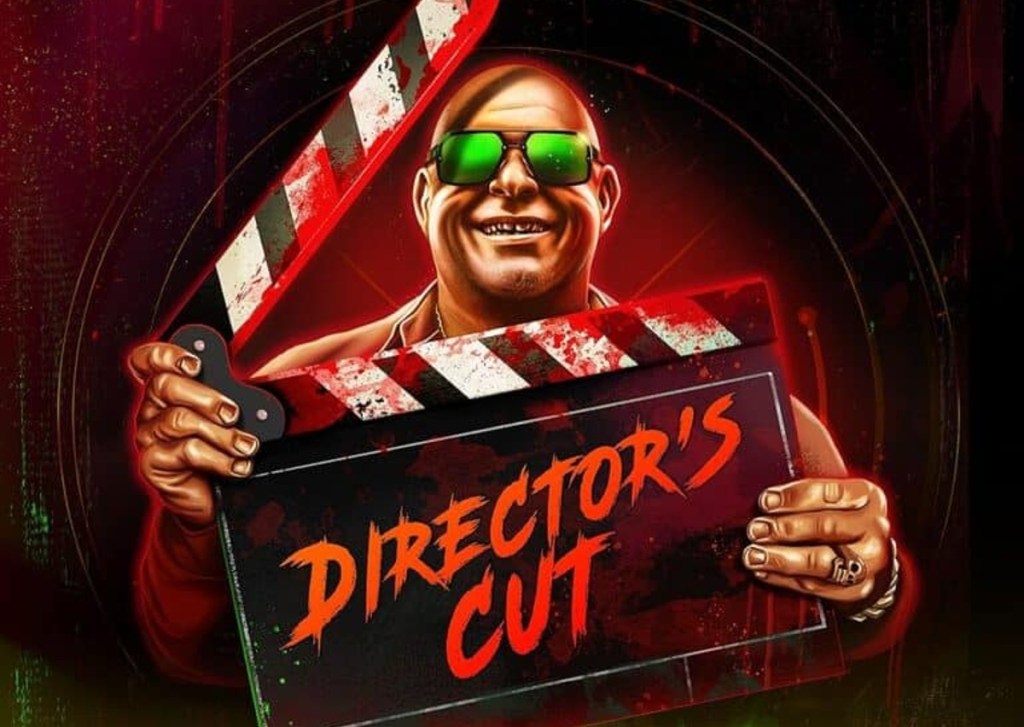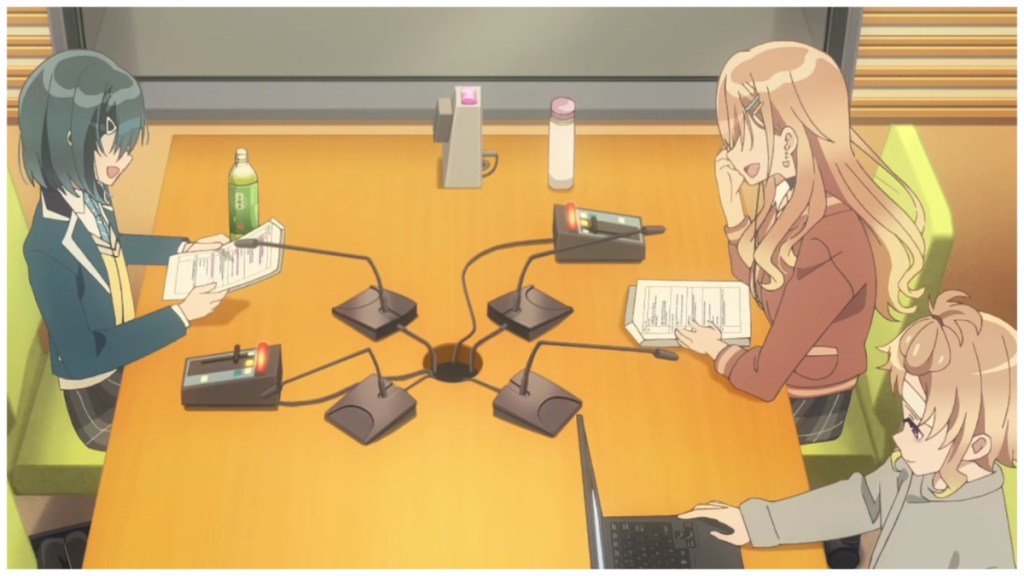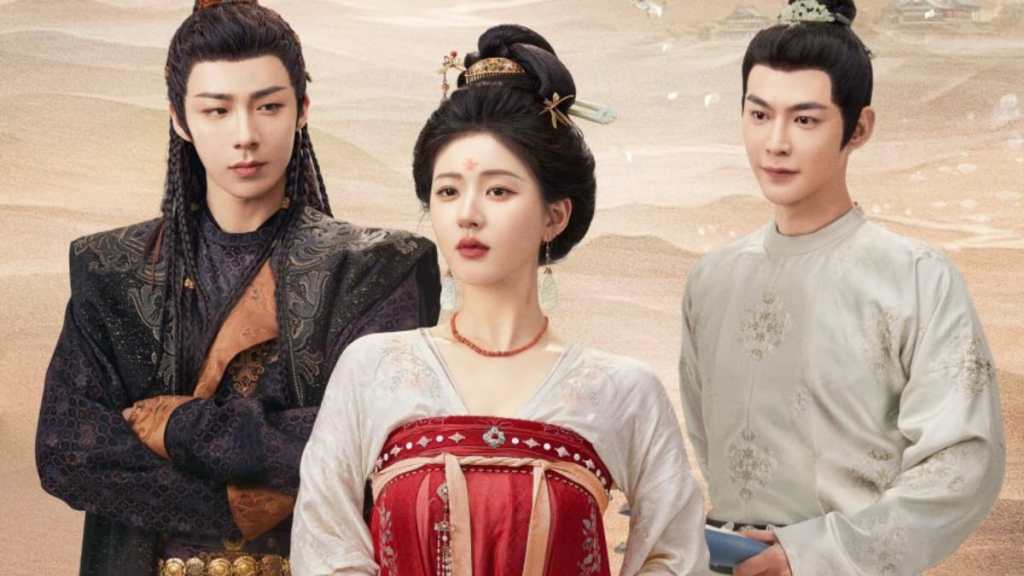It’s been a few months since I saw Jane Schoenbrun’s I Saw the TV Glow at Sundance Film Festival and I haven’t been able to shake its overwhelming, ultimately terrifying power. Telling the story of Owen (played early on by Ian Foreman and later by Justice Smith in a revelatory performance) we follow a journey questioning his identity through childhood and adulthood, and particularly a special infatuation with a late-night TV show and the ineradicable bond it creates with another lonely soul, Maddy (Brigette Lundy-Paine).
As I said in my review, “The deeply expressive, imaginative ways in which Schoenbrun is able to articulate one’s struggle with identity is nothing short of staggering. This may not be a horror film in the conventional sense––in fact, every directorial decision assertively refutes convention––but I Saw the TV Glow emphatically argues nothing is more terrifying than being trapped in a body you don’t desire and having no words to properly express the feeling.”
Ahead of A24’s release this Friday, I spoke with Jane Schoenbrun about being inspired by the “feminine” camera of Olivier Assayas, making space for total creative freedom, conveying transness in a unique way, the impactful time jumps, and working with Emma Stone’s production company Fruit Tree.
The Film Stage: While there have been plenty of comparisons to Lynch and Cronenberg, you’ve mentioned Olivier Assayas was actually one of the filmmakers you most admire, the way he moves the camera and his dexterity. Can you talk about how you appreciate his style?
Jane Schoenbrun: Yeah, I love Assayas and how his filmography feels like an ongoing conversation that he’s having with himself, and his fixations and ideas and tropes that are both aesthetic and thematic about the cinema and about our current moment and about pop culture. It feels like he’s just like in this lifelong process of exploring a lot of very ephemeral ideas and points on his emotional map, repeatedly from all of these different vantage points. So I’ve always admired that.
I also just adore his camera. Somebody described his camera to me as feminine and I was like, “Wait, is it?” And then I was like, “I guess you could say that.” There are these kind of big moments in his filmography that I adore. The centerpiece of Cold Water where we’re at that bonfire and just watching those kids through that party, and the dinner scene in Irma Vep where it’s that dinner party. There’s this controlled chaos to his camera where it feels like very, very loose in this Sean Price Williams handheld way. But then it’s also so clearly blocked and shot-listed exhaustively. It’s not just improv. There’s such control, but also such versatility and looseness, and I’ve always really admired that. And the way that moves in a way that feels, in a film-language perspective, both free and also refined. I just admire the craft of it deeply.
I also love the way that he––and this is certainly something that Lynch does as well––throughout his work is speaking to the artifice of the medium, sometimes from within the same work. Trying to kind of complicate our understanding of what filmmaking is and can be, through the way that he is, like, breaking and then reasserting reality. I think Irma Vep is the masterpiece of this, the way that the film––while having this discussion about what the past, present, and possibility of the medium could be––is almost imploding from the inside, until what we’re left with is this psychotic flicker film. Almost like the pure id of whatever artistic impulses is driving underneath the whole time, in pursuit of something that feels new.
I love his gaze on technology and media. I think Demonlover is a film that’s still ahead of its time in a lot of ways. He continues to sort of prod the moment in his work, whether it be the shitty Marvel sort of movie that we watch in Clouds of Sils Maria or the discussion of the publishing industry in Non-Fiction.
It’s been a long time since I’ve seen a movie where there’s such a sense of total creative freedom, unencumbered by any conventional structure. Do those instincts naturally begin during the scriptwriting stage, and how do you ensure that vision is fully carried through?
Thank you. I think it’s a lot of hard work and pre-planning and then a real emotional, intuitive commitment to the idea that all of that hard work and exhaustive planning is done so that when you’re actually there, working with the medium––which is a medium where you are collaborating by nature with the real world––that everything is up for grabs when you’re on set and when you see what is actually in front of you. And if you’re too indebted to the abstract vision that you wrote on the page, the film is not going to feel alive with the spark that you hope that it has and carries. So a ton of pre-planning, essentially, so that you can break the film in various ways when you’re live, but without breaking the overall structure.
So a ton of work, both on a macro level and also on the most granular level to make sure that the blueprint I am building is holistic and also not too holistic, because if the film was just one thing that would be boring and monotonous. I think it’s just, like, an intuitive sense that a film is a massive thing, and when you make a film, you are making––literally, as the director––thousands, if not more, discrete decisions about everything. Down to the tiniest detail but also the largest, overhead view of the thing that you’re making that you want to share with people. It’s just an insane way to communicate and a really advanced way to try to communicate. And I really like it. I love having a conversation with somebody, but the idea that I get the floor and these tools to paint with and to say something or start a conversation with is an opportunity that I’m really excited to have.
So I just work really hard to do it in a way that I think will be the best version of itself that it can be. The key thing for me is always: it’s a lot of planning and formalism and then a lot of breaking that all down in the actual moment. Especially, on set, if I was just trying to sort of stay faithful to an abstract idea that I had had a year or two earlier when I wrote the thing, I would just be bored and sleepy and the film would feel boring and sleepy.
I saw you shared the Letterboxd review of someone who came out as trans for the first time after seeing the film. How has it felt for you to see such reactions? At the same time, it’s interesting how the ideas of transness and dysphoria aren’t done in an overt way. Someone could watch it and see it solely as a certain kind of horror film about loneliness, conjuring indescribable feelings. How careful were you about balancing this approach?
For me, it’s almost beside the point to ask the question of whether I’m making a trans film. Right? Because of course I’m making a trans film. I’m trans. I think transness is misread culturally and largely because of the depictions of it that we’ve seen thus far in films. Which are films predominantly not made by trans people of transness as this very simple, externalized identity of a certain discrete physical way of existing or seeing yourself for a segment of the population. Whereas my experience of dysphoria for the 30 years that I experienced it––before I found language to describe it and to begin becoming who I actually was––was very internal and very subliminal.
And the tools that I have to express how that actually felt, and continues to feel in a lot of ways, aren’t just showing a trans person or showing somebody putting on a dress for the first time. That’s not how it feels. That’s not the points, emotionally, through my experience that are the deepest and most personal ways that I can express my lived experience and human experience in the world. I’m also really aware of being part of a lineage of trans artists creating a language that can feel accurate to or illuminating to the actual experience of coming into yourself and yourself as a trans person.
Any time I find myself relying on things that feel well-drawn and classically externalized in terms of representation, I just start to feel like a liar. I love the moments in this film where Justice is in the dress and I love them from a performance perspective. I think Justice is wonderful in those moments. The sweetness on his face––it’s really this bashful quality where it’s the only time we really see him smile. His shyness there––I love those moments and I find them very visceral from a performance perspective. But when I was writing the script, I almost cut it over and over again. I was really unhappy with it, actually. It felt like almost a compromise because I knew I had it in there to sort of vocalize something that otherwise cis people might miss in the film. But I wasn’t worried about trans people missing it.
That’s me just trying to stay really true to like my own criteria of art that I can be proud of. That’s my own obsessions and my own preferences in terms of genre and restraint and pace and aesthetic and tone. I’m, above all, just trying to make art that I can really stand behind and love. And so trans work is going to feel really different depending on who the artist is at the center of it.
I don’t think I’ve ever had any doubts that this film was going to crack a lot of eggs or help people along the way towards their egg crack. And it was far from just that Letterboxd review. I’d say at about a third––if not half––of the screenings that I’ve been to with the film, some shy person has sauntered up to me afterwards and been like, “That was it.” Sometimes they’ll be like, “I saw this film because I needed to confirm something,” but people are having that experience with the work and they’re having that experience with the work exactly because the work didn’t try to create an oversimplified, externalized sort of image of transness, but spoke from within a feeling that they can relate to.
The time jumps are so impactful, and I loved major life events are just subtly mentioned, like Owen has a family. Can you talking about the gut punch of those time jumps, how one’s life can just feel like it’s slipping away?
It’s trying to articulate a very specific feeling that, once again, has something to do with dysphoria and with trans time. My assistant on this film––who’s also a dear, dear friend, Sepi––always talks about this idea of trans girl time. And trans girl time is different than normal time, from both directions; we enter ourselves late. In my case, in my early 30s––so in the last sort of gasps of what could even be construed as youth––I am entering a second puberty that is quite literally, probably more significant than the first one in terms of the growth that should have happened during my actual adolescence. And that just imbues me with this intense need to make up for lost time. It’s trauma that I think is quite unhealthy that a lot of trans girls have.
Then from the other direction: there’s just the mortality rate and the suicide rate and the idea of stepping into, at least in my case, a much more marginalized and precarious identity, one where I no longer feel like, “Well, I’m going to live to 80 and have the grandkids.” Sort of the straight gaze that straight-society internal clock ticks by. So basically you’re fucked up, and basically time becomes this very finite good that you’re wrestling against or trying to fit a lot in within. But that’s all after transition. What comes before that is this very ambient sense of life passing you by, which I don’t think trans people are the only ones who feel that. I think plenty of us feel like our life is passing us by in this terrible contemporary hellscape that we all are imprisoned within.
But in the case of transness: it’s a very heightened version of this, and even if we don’t know consciously, we know subliminally that, as Maddie says in the planetarium, this isn’t how life is supposed to feel. The experience that we’re afforded in the body that doesn’t feel like home is inherently limiting to the point where we almost feel like ghosts or buried alive somewhere, very far away on the other side of a screen. This doesn’t get better with time. We get maybe more used to it, but this feeling of, like, “Well, now I’m 26. Well, now I’m 28. Well, now I’m 30.” I’ve experienced that. I lived that and I finally reached my breaking point and saw the thing that I had been avoiding, but I lost some decades in-between. And so much of the narrative structure of the film and the way that time gets weirder as the film goes on and speeds up and almost becomes like a dark joke, right? That, all of a sudden, Owen’s an old man with a family that he says he cares about, but then why haven’t we seen them? All of this is trying to articulate that feeling of pre-transition time ticking away.
Lastly, I was curious about Fruit Tree’s involvement with the production: how Emma Stone and Dave McNary came onboard, and how they helped along the process. They’ve had quite an incredible past year with this and The Curse.
I had made World’s Fair, which was a really small film that I made with friends in the woods for no money. And I had written this script being like, “If that movie does well enough, the dream is to get to make a really big jump and get some resources and get to play in a sandbox where I can create worlds rather than head into the woods and do what I can with no resources.” So that was always the intention, and World’s Fair did well. After Sundance, I knew enough from my years working in the film industry to know how to capitalize on that momentum.
And the first step––before we went to A24 and said, “Hey, give us X-million dollars to make something, even though we’ve never had even a fraction of that money before to make something”––was to find some adults to take us through that process. I took a bunch of meetings and really liked the vibe that Fruit Tree had. It’s a smaller operation and they’re sweet and caring. Dave and Em, especially, are artists––both of them––and I felt in very good hands with that because I knew that I trust artists more than I trust development executives. I trust them more to protect me even if they don’t fully agree or understand the thing. That was the perspective that they were speaking very authentically from and the role that they played on this project.
In my first call with them I think Em literally said, “We have a lot of power and we want to give it to you.” And I was like, “Cool, I’ll take it. I’m going to need it.” They shepherded it. It’s not like Em was booking the caterer. She was there for the big moments and when I needed to call in my most famous producer. I do think they did what they said they would do, which is use their power to help smuggle something in that otherwise would maybe not had the political resources that it needed to get made in this way.
I Saw the TV Glow opens on May 3 and expands nationwide on May 17.
The post Jane Schoenbrun on I Saw the TV Glow, Trans Girl Time, Olivier Assayas, and Emma Stone’s Support first appeared on The Film Stage.

